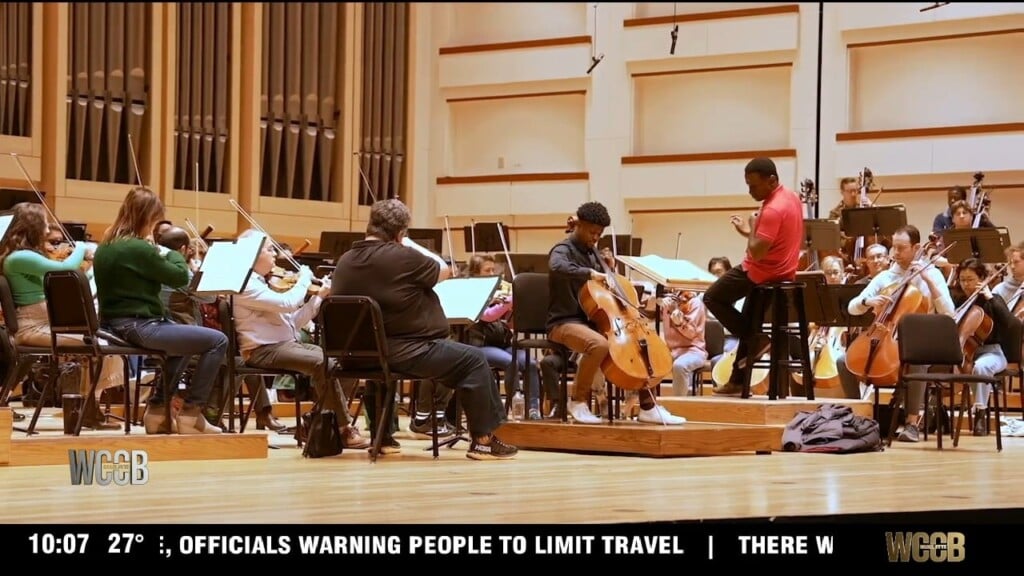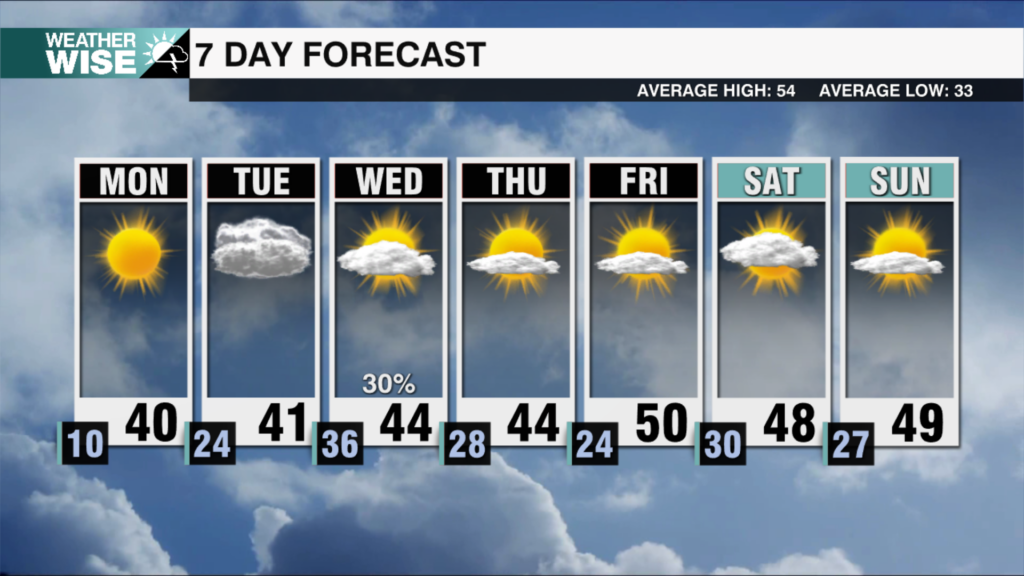The Latest:
NORTH CAROLINA — The North Carolina Senate passed a bill today to allow restaurants and bars to expand outdoor seating equal to 50 percent of total occupancy.
The legislation which is sponsored by Republican Senator Rick Gun of Alamance was passed by a 42-5 margin.
Gov. Roy Cooper has not said whether he supports or opposes the measure, which would amend current policy from his executive orders. Right now, Gov. Cooper permits restaurants to operate indoors or outdoors at 50 percent capacity, but prohibits bars from operating under the same rules.
This bill would treat bars and restaurants the same, and allow them to operate outdoors at 50 percent of total capacity.
Senator Gunn made the following statement about the bill:
“My bill treats restaurants and bars the same, and it follows the lead of other jurisdictions by allowing safe outdoor seating options. This is a lifeline to a dying industry.”
“Other states and cities are expanding outdoor seating options based on the science, facts, and data. This industry has taken the brunt of the shutdown, and this policy just makes sense. I hope Gov. Cooper will support it.”
Similar bills and executive decisions have allowed multiple cities and states across the country to have outdoor seating as a safe way for bars and restaurants to stay afloat. Here are a few examples:
- In California, which has instituted a regional approach to reopening, several jurisdictions are changing their regulations to massively expand outdoor seating. San Jose, for example, recently announced “Al Fresco San Jose.”
- Illinois also has a regional approach, and its Governor recently announced that outdoor dining at restaurants will be permitted “based on advice from public health officials, who said summer provided a ‘unique opportunity’ to reopen restaurants safely — at least to outdoor diners.”
- In Northern Virginia, Arlington County just approved a process to provide restaurants with expanded outdoor seating space.
According to a news release, there is considerable evidence that the virus spreads more easily indoors compared to outdoors, which supports the public policies already embraced by other states. Here are a few examples:
- A study in Japan concluded, “The odds that a primary case transmitted COVID-19 in a closed environment was 18.7 times greater compared to an open-air environment.”
- A Hong Kong study of 318 outbreaks concluded, “All identified outbreaks of three or more cases occurred in an indoor environment, which confirms that sharing indoor space is a major SARS-CoV-2 infection risk.”
- A professor at Boston University School of Public Health concluded, “We need creative solutions, and I think things like closing down streets and having some dispersed (seating) from restaurants is a nice creative solution.”
- On restaurant dining, the New York Times recently advised, “Recent evidence suggests that the risk of infection may be lower outdoors. Alfresco dining has other advantages. Dr. Chapman pointed out that there may be more space outside to spread out, and that all-weather furniture may be easier to rearrange than a fixed booth in a dining room.”
Original Story (5/27/20):
RALEIGH, N.C. (AP) — North Carolina bars — their doors still shuttered by executive order — could serve patrons outdoors during the pandemic in legislation that cleared a Senate committee on Tuesday.
One approved measure attempts to increase the customer base for restaurants and breweries that have been allowed to partially reopen their indoor serving areas under Gov. Roy Cooper’s executive order taking effect last week.
But in another bill, bars and similar private clubs that remain completely closed could sell beverages outside, whether on a patio or under a tent or awning.
In both measures, the businesses would have to limit outdoor seating to the lesser of 100 customers or 50% of indoor capacity.
Social distancing rules would have to be followed for outdoor seating. Areas for alcohol consumption also would be cordoned off.
Sen. Rick Gunn, an Alamance County Republican shepherding the bills, said they would help a food and beverage industry decimated by the virus and the resulting orders that began in March. A restaurant trade group estimated that 350,000 employees lost their jobs when restaurants were barred from dine-in service.
The measures now head to another committee. The full Senate and House would have to act on the measures before they went to Cooper’s desk.




